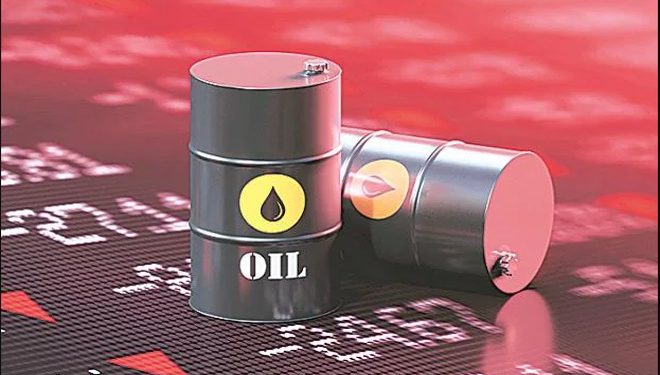Brent crude experienced a notable 2.3% surge, reaching $79 per barrel on January 12, 2024, according to a Ratecaptain analysis of global oil prices at 01:54 GMT+1. This upward movement is linked to recent military actions by the United States and Britain against Houthi military targets in Yemen, responding to attacks on shipping in the Red Sea by the Iran-backed group.
The airstrikes, considered a significant escalation in the Israel-Hamas conflict in the Middle East, garnered support from Australia, Bahrain, Canada, and the Netherlands, with U.S. President Joe Biden emphasizing the message that such attacks on personnel and freedom of navigation will not be tolerated.
The disruption caused by Houthi assaults in the Red Sea, accounting for approximately 15% of global maritime traffic between Europe and Asia, has prompted shipping giant Maersk to reroute vessels away from the Red Sea indefinitely.
Adding to the geopolitical tensions, Iran seized an oil tanker carrying Iraqi crude intended for Turkey, seen as retaliation for a similar incident involving the U.S. confiscating the same vessel and its oil last year. The White House has condemned the seizure.
In the context of these developments, a Bloomberg survey reveals that the Organization of Petroleum Exporting Countries (OPEC) maintained steady crude oil production, averaging 28.05 million barrels per day (bpd) in December 2023. Nigeria increased output by an additional 50,000 bpd, compensating for supply restraints imposed by some OPEC+ members.
Data from the Nigerian Upstream Petroleum Regulatory Commission indicates the country’s daily oil production at 1.25 million barrels, with OPEC+ projecting Nigeria to produce 1.5 million bpd in 2024. Saudi Arabia and other Middle Eastern countries, despite strong compliance with production cuts, have contributed to the decline in global oil output. OPEC+ had earlier announced 2.2 million bpd of cuts for Q1 2024, including voluntary reductions by Saudi Arabia, Russia, and other member countries.









